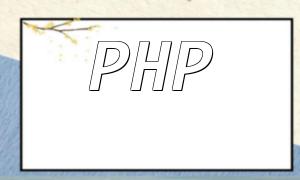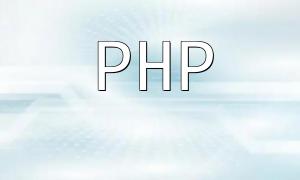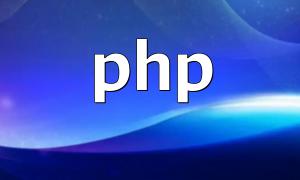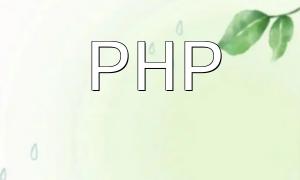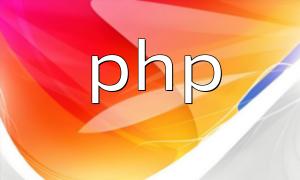In PHP development, a function library is a way to organize and reuse frequently used code. By writing functions in a separate file and including them in your main scripts, you can make your code more modular and maintainable.
The following guide shows how to create a simple function library and use it in your PHP applications.
Start by creating a file named functions.php that contains your custom functions. For example:
<?php
// Define a greeting function
function greet($name) {
echo "Hello, $name!";
}
?>Now, in your main PHP script, use require_once to include the library and call its functions:
<?php
// Include the function library
require_once 'functions.php';
// Call the greeting function
greet('John Doe');
?>Suppose you need basic math operations. You can create another file named math.php with relevant functions:
<?php
// Define a sum function
function sum($a, $b) {
return $a + $b;
}
// Define a multiplication function
function multiply($a, $b) {
return $a * $b;
}
?>Then include and use this library in your PHP script:
<?php // Include the math library require_once 'math.php'; // Use the sum and multiply functions $sum = sum(5, 10); $product = multiply(2, 3); echo "Sum: $sum" . PHP_EOL; echo "Product: $product" . PHP_EOL; ?>
Sum: 15 Product: 6
Organizing your functions into separate PHP files and including them where needed enhances code reusability and keeps your project structure clean. Learning to build and use function libraries is a core skill that can significantly improve your efficiency as a PHP developer.


